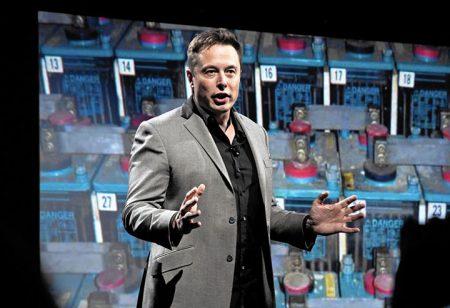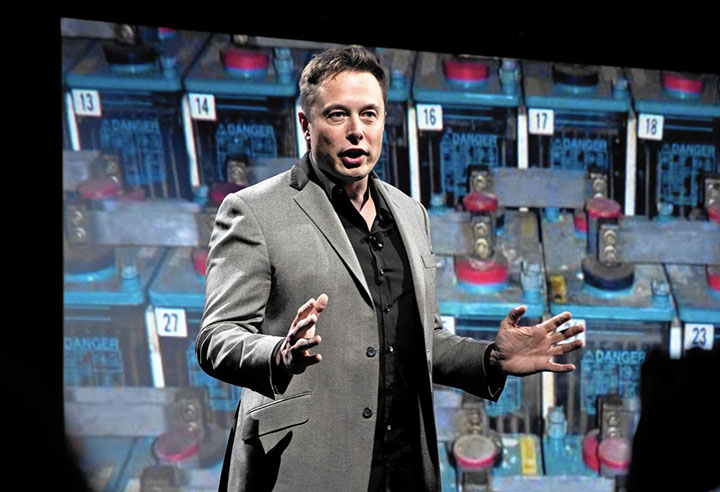
Elon Musk is funding a carbon removal competition focused on lowering the price of the process while also ensuring it’s being done in an environmentally safe way.
Global warming is the primary topic of interest in XPRIZE’s multi-million dollar contest
JOSE ROMERO
campus editor
Charity foundation XPRIZE is holding a four-year-long competition with the largest prize incentive in history.
A total of $100 million will be distributed to the chosen participants. The top 15 teams must demonstrate a solution to pull carbon dioxide directly from the atmosphere or oceans and lock it away permanently in an environmentally benign way, according to The Verge. The teams will receive $1 million as an operating budget and 25 students will be awarded a $200,000 scholarship, according to XPRIZE.
The team in first place will receive $50 million, second place $20 million and third place $10 million.
Carbon removal was chosen as the subject of the competition as a way to combat climate change. Scientists estimate that six gigatons — one billion metric tons — of CO2 per year may need to be removed by 2030, and 10 gigatons per year by 2050 to avoid the worst effects of climate change. Every year, about 40 gigatons of CO2 are produced, according to Forbes.
“Because of the way the world economy is built, there is a lot of infrastructure that requires the use of fossil fuel,” South chemistry instructor Martha Gilchrist said. “This gives a large financial incentive to companies to continue emitting CO2. If we could remove some of that CO2 from the atmosphere, it would give a larger allowance of CO2 emission for a particular amount of climate consequence.”
The primary issue with carbon removal is how expensive it is, Gilchrist said.
Storing natural-gas-fired emissions is about $80 per ton, according to peer-reviewed scientific journal The Royal Society Publishing. At $80 per ton and 40 gigatons produced annually, that’s $3.2 trillion.
There are natural ways our environment removes CO2, but it takes too long NE chemistry instructor Steven Rooney said.
“If the goal is to slow down or reduce the amount of CO2 in the atmosphere, then a quicker method of sequestering from the atmosphere is needed,” Rooney said. “That is where competition can assist an individual or a team and push them to develop new/original ideas.”
Elon Musk — SpaceX founder, chief executive officer of Tesla and the richest man in the world, according to CNBC — is funding the competition. Rooney believes Musk is guided by principle and is effectively trying to avoid threatening his own privilege by preserving the system that keeps him rooted in his current lofty position.
NE chemistry club vice president Margarita Shestereva has an opposing viewpoint.
“I love Elon Musk, I think he will be in our history books,” Shestereva said. “This man is a hero and altruist who truly wants to make our world better. I do not necessarily agree on his COVID-19 opinions, nor do I support him in some of his personal life choices, but I think he is one of the greatest businessmen out there.”
Team registration and full competition guidelines open on Earth Day, April 22. The competition ends Earth Day 2025.

